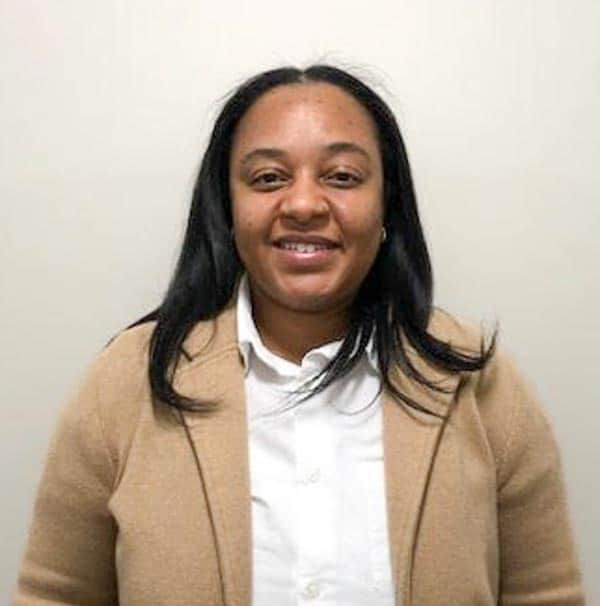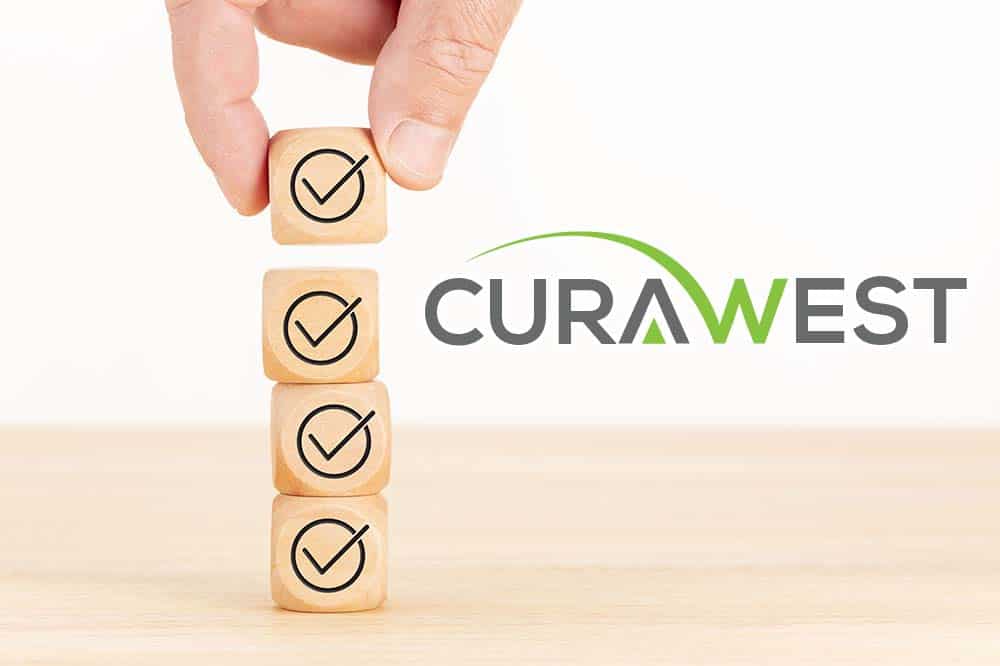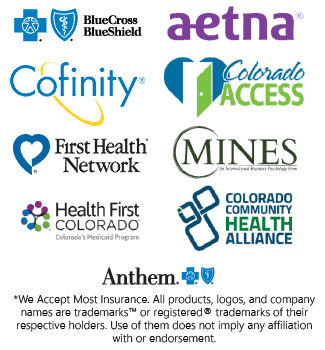Co-Occurring Disorders
How a Xanax Prescription Can Lead to Addiction
How a Xanax Prescription Can Lead to Addiction
Nick was first prescribed Xanax by a licensed psychiatrist after he was diagnosed with generalized anxiety disorder and panic disorder. The psychiatrist told him to take a Xanax at the onset of a panic attack. Nick had been experiencing crippling panic attacks since high school. He never knew when one was going to hit, and the fear of experiencing a panic attack prevented him from engaging in many extracurricular activities and social events that he had previously enjoyed. He was so worried about having an attack without warning that he opted to stay in his room rather than spend time with friends. He quit the basketball team and he avoided all school dances and any other social functions he had the opportunity to participate in. The remainder of his high school experience was essentially dictated by his untreated anxiety disorder.
In between high school and college, Nick decided to seek help for his anxiety issue. He made an appointment with a psychiatrist, and just knowing he had effective treatment options in place instantaneously made him feel more at ease. He slowly began to reintegrate, and by the time he went to college he was engaging in social situations just as he had been before the panic attacks began. He knew that if he ever needed to, he could simply take a Xanax and his symptoms would subside.
The Development of a Substance Abuse Disorder
As Nick started getting more involved in his college career, he started facing more anxiety-inducing situations. When finals week rolled around, for example, he found himself experiencing extreme anxiety in a way he hadn’t for quite some time. He hadn’t needed to use his Xanax prescription for several months, and now he reached for it gratefully. The medication helped alleviate his symptoms for several hours, but then they started to crop up again. Rather than wait for the recommended amount of time, he reached for another pill. In a matter of weeks his entire prescription was gone. He attempted to get more from his psychiatrist, but the psychiatrist would not refill his prescription so soon. As a last resort he found another student on campus who sold Xanax and he purchased several pills from him. He knew this wasn’t ideal, but he thought, “I have anxiety, and I need this medication. It’s not like I’m addicted to it. I’m using it for a totally legitimate reason.”
At this point in time, Nick was taking his prescription other than prescribed and — unbeknownst to him — he was at the beginning stages of developing a severe substance abuse disorder. Nick’s story is familiar for many individuals who accidentally developed a Xanax addiction as a result of treating their anxiety disorder.
We Are Here For You
Let Us Help You Heal
Our Xanax detoxification experience is second to none.
Learn how we can help by speaking with one of our Treatment Advisors today.
More About Xanax
Xanax is the brand name of a commonly prescribed benzodiazepine, one that is effective for the treatment of moderate or severe anxiety disorders like PTSD and panic disorder. Xanax is currently one of the most frequently prescribed medications in the country, despite the fact that it can be habit forming when taken other than as intended and despite the fact that it has been involved in a steadily increasing amount of overdose-related deaths. A person who has been prescribed medication like Xanax for a legitimate anxiety disorder might feel like upping his or her dose on occasion is no cause for concern. But using any prescription medication without a prescription or using more than recommended can lead to addiction.
Of course, not everyone who takes a benzodiazepine will develop a substance abuse disorder. Most people who develop addiction over time have at least several of the following risk factors in place.
Risk Factors for Addiction:
- An underlying mental illness (like anxiety or depression)
- Some degree of genetic predisposition
- Extremely high stress levels
- Environmental risk factors, like growing up in a low-income household or growing up in an area with high rates of substance abuse and dependence
Individuals who struggle with anxiety are more likely to abuse Xanax — even if they were initially prescribed the medication to treat a diagnosed disorder. Anxiety and substance abuse often go hand-in-hand, usually because a person who is struggling with an undiagnosed anxiety disorder self-medicates their condition. Of course, this is a short-term solution — one that will only exacerbate the symptoms associated with both issues over time.
Our Xanax Detox Services Include
Benzodiazepine Abuse & Addiction
Many people who struggle with anxiety believe they cannot develop a benzodiazepine addiction if they are initially prescribed the medication by a trusted medical professional. However, taking medication other than prescribed is technically drug abuse. Over time, drug abuse develops into physical and psychological dependence. As rates of written benzodiazepine prescriptions have risen throughout the country, so have the rates of addiction. According to an article published by the National Library of Medicine, alprazolam, the generic name for Xanax, is the most commonly prescribed psychotropic medication in the country. In the year 2013 alone, medical professionals dispensed more than 48 million written prescriptions for alprazolam. This specific benzodiazepine is also the second most common prescription medication involved in emergency room visits related to drug abuse (after prescription painkillers like oxycodone and hydrocodone). Is also important to know that the withdrawal symptoms associated with Xanax are especially severe. This is where CuraWest comes into play. We offer a medical detox program for individuals who have been struggling with benzodiazepine addiction and an underlying mental health condition like anxiety. To learn more, contact us today.
Ready To Begin Your Xanax Detox?
We Offer A Safe & Effective Program
Don’t let Xanax addiction control your life.
Call us today and let’s get you started on the path to a better you.
Dual Diagnosis Recovery Options
Anyone who is struggling with an anxiety disorder and a Xanax abuse disorder requires a dual diagnosis treatment plan — one that usually begins with a medically monitored detox and continues on to another level of care, such as residential inpatient treatment, partial hospitalization or intensive outpatient. Dual diagnosis recovery refers to a specialized treatment option that provides effective substance abuse recovery and mental health services. Up until fairly recently, substance abuse disorders and mental illnesses were treated in separate facilities. However, it was quickly determined that the two issues were interlinked and that in order for recovery to be achieved, all underlying issues had to be treated simultaneously.
If you or someone you love has been suffering at the hands of a Xanax abuse disorder, or has been abusing any other type of benzodiazepine, medical detox is an essential first step on the road to recovery. This is especially true when it comes to benzodiazepine addiction as the symptoms of benzodiazepine withdrawal can be life-threatening unless closely overseen by a team of medical professionals.
Begin Healing Now!
Have A Call With One Of Our Treatment Advisors
Don’t Suffer Any Longer
CuraWest & Xanax Detox
According to an article about Xanax abuse published by the National Center for Biotechnology Information, “Alprazolam’s misuse potential stems from its unique pharmacokinetic properties of rapid absorption, low lipophilicity, and short half-life, and pharmacodynamic properties of high potency and more severe withdrawal symptoms occurring after a shorter period of use.”
What does all of this mean? In layman’s terms, it means that Xanax is highly addictive because the symptoms of withdrawal are severe. In order to avoid experiencing these symptoms, someone who has developed a Xanax abuse disorder will simply take more of the drug. In fact, a Xanax abuse disorder might be dramatically prolonged simply because of the fear of undergoing withdrawal. The good news is that a safe and pain free Xanax withdrawal is possible if a person seeks professional help in a licensed and accredited detox facility like CuraWest. We use a combination of medication assisted treatment and evidence-based detoxification methods in order to ease our clients into sobriety. Then we equip them with all the tools they need to maintain long-term success in sobriety. To begin your recovery journey, reach out to us 24/7. We are here to answer your questions and help you get the assistance you need to break free from addiction.

Reviewed for accuracy by:
Jasmine Billups
LPC-S
Jasmine has worked in the mental health field for over 18 years. She earned her B.A. in Psychology with a Minor in Child and Family Relations from North Carolina Central University, and her M.A. in Mental Health Counseling from Argosy University. Jasmine is a Licensed Professional Counselor Supervisor and has specialized in addiction for over 10 years.























